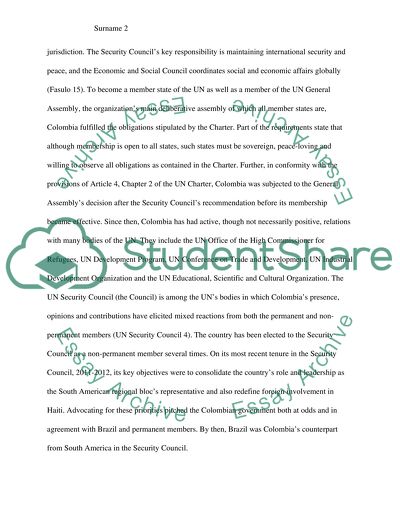Cite this document
(“The United Nations and Colombia Essay Example | Topics and Well Written Essays - 2000 words”, n.d.)
The United Nations and Colombia Essay Example | Topics and Well Written Essays - 2000 words. Retrieved from https://studentshare.org/social-science/1639092-the-united-nations-and-colombia
The United Nations and Colombia Essay Example | Topics and Well Written Essays - 2000 words. Retrieved from https://studentshare.org/social-science/1639092-the-united-nations-and-colombia
(The United Nations and Colombia Essay Example | Topics and Well Written Essays - 2000 Words)
The United Nations and Colombia Essay Example | Topics and Well Written Essays - 2000 Words. https://studentshare.org/social-science/1639092-the-united-nations-and-colombia.
The United Nations and Colombia Essay Example | Topics and Well Written Essays - 2000 Words. https://studentshare.org/social-science/1639092-the-united-nations-and-colombia.
“The United Nations and Colombia Essay Example | Topics and Well Written Essays - 2000 Words”, n.d. https://studentshare.org/social-science/1639092-the-united-nations-and-colombia.


